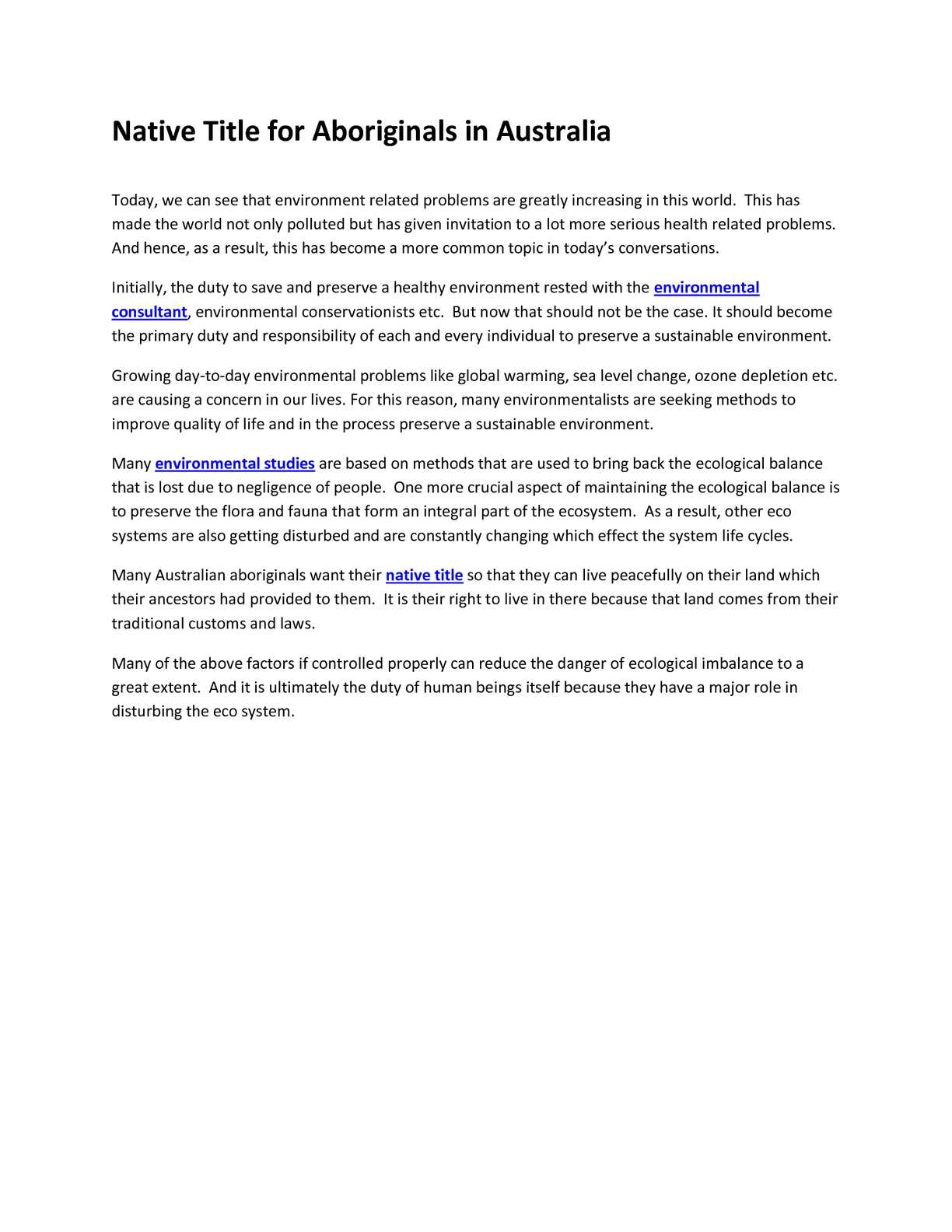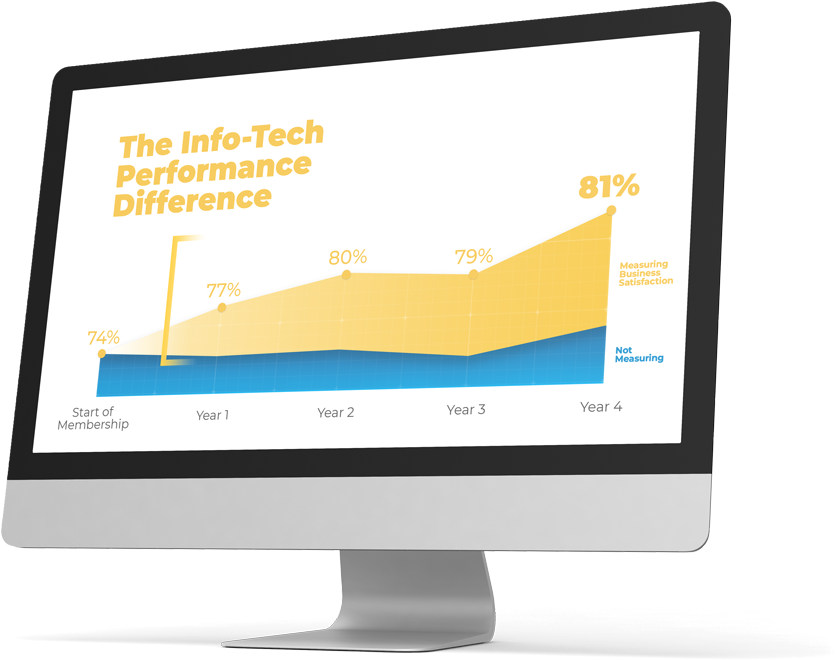
An environmental consultant is a professional that specializes in environmental problems. They can help with compliance and future problems. These experts conduct investigations to determine the degree of danger posed by hazardous substances found in groundwater, surface water, and soil. They advise clients on ways to reduce risk, avoid legal action, and avoid misguided transactions.
SQEPs are people who reduce risk and put clients in charge.
SQEP stands for Single Quality Expert Person. They are responsible for identifying, assessing and implementing risk reduction solutions. This person can help with various environmental, economic, or operational issues. They have specific skills and experience that enable them to minimise risks and put clients in control of the process. The Office for Nuclear Regulation (ONR), has created a Technical Assessment Guide for SQEPs Specialist Inspectors. This guide helps inspectors evaluate the number of SQEPs necessary and determine how to organize their tasks.
SQEPs should have specific experience in their field of work or be supervised by a SQEP who has such experience. A SQEP must also be certified to submit PSI and DSI reports. Regulation 3 of the NESCS sets out the requirements for SQEP certification. The Users' Manual also provides guidance for determining if an individual qualifies as a SQEP.

They conduct investigations to assess the potential risk from hazardous substances in soil, sediment and groundwater.
The process of determining whether hazardous substances exist in the environment is called a risk assessment. The risk assessment looks at the likelihood that the contaminant will have an adverse effect on public health or the environment and the extent of this exposure.
Risk assessments are often conducted in conjunction with remedial action plans. These plans determine the necessary remedial actions for a specific site and identify the risks. They are created after taking into consideration current and future resource and land use, as well as environmental issues and the applicable federal and state laws. The cleanup level must meet or exceed a risk-based standard that is acceptable for the area and its inhabitants.
They can offer a wide variety of services
There are many areas of expertise for environmental consultants. Environmental consultants can assist companies in determining their air emissions requirements and conducting site investigations. They can also assist with pollution control equipment design, or prepare annual Michigan Air Pollution Reporting System forms. The environmental consultants are also valuable resources when dealing with regulatory bodies.
Sometimes, environmental consultants work out of offices or labs. In some cases, they may also go on fieldwork. They need to be flexible, adaptable and able work under different circumstances. Their communication skills and project management abilities are essential as they work with other environmental consultants to complete projects. They also need to be able to maintain files and track client satisfaction.

Find an environmental consultant close to you
You will need to have both education and experience in order to be an environmental consultant. You must have an interest and the ability to conduct field studies as well analyze scientific data. Excellent communication and management skills will be required. Many environmental consultancies also offer graduate training schemes. Volunteering at local environmental agencies is another option. Many consulting firms hire people to provide environmental advice to the public sector and other commercial organizations.
It can be easier to comply with environmental laws and regulations if you have a professional consultant by your side. However, environmental consulting has its challenges. The work can seem monotonous and requires a lot self-motivation. Dealing with difficult clients, for example, can be difficult.
FAQ
What does it cost to hire an expert?
There are many factors that go into the cost of hiring a consultant. These factors are:
-
Project size
-
Time frame
-
Scope of work
-
Fees
-
Deliverables
-
Other considerations include experience level, geographic location, and so forth.
What can I count on from my consultant to help me?
When you choose your consultant, they should respond within a few working days. They will ask you for information about your business, including the mission, goals, products, and budget. Then, they'll send over a proposal outlining the scope of work, estimated time frame, fees, deliverables, milestones, etc.
If everything goes as planned, then both parties will agree to a written contractual agreement. The type and content of the contract will vary depending on whether the relationship is employer-employee/employer-independent contractor.
If everything goes well, the consultant should start work immediately. The consultant will have access your internal documents and resources. Additionally, you'll have access their skills and knowledge.
But don't assume that anyone who is a consultant has all the answers. It takes time and practice to become an expert on any subject you consult. Do not expect your consultant to be an expert in every aspect of your business.
What is the difference of a consultant versus an advisor?
A consultant is an advisor who gives information on a particular topic. A consultant is able to provide solutions.
Consultants work directly with clients to help them reach their goals. A consultant provides advice to clients through books and magazines, lectures, seminars, and other means.
How do I choose a good consultant?
There are three main things to keep in mind:
-
Experience - How much experience does this consultant have? Are they a beginner, intermediate, expert, or some other level? Do her qualifications and knowledge show on her resume?
-
Education – What did this person learn at school? Did he/she go on to further education after graduation? Is there evidence that he/she learned from the writing style?
-
Personality: Do you like this person or not? Would we hire him/her to be our employee?
-
These questions will help us determine if the consultant is right to meet our needs. If the answers to these questions are unclear, it might be worth a first interview to get more information about the candidate.
Statistics
- According to IBISWorld, revenues in the consulting industry will exceed $261 billion in 2020. (nerdwallet.com)
- Over 62% of consultants were dissatisfied with their former jobs before starting their consulting business. (consultingsuccess.com)
- On average, your program increases the sales team's performance by 33%. (consultingsuccess.com)
- Over 50% of consultants get their first consulting client through a referral from their network. (consultingsuccess.com)
- According to statistics from the ONS, the UK has around 300,000 consultants, of which around 63,000 professionals work as management consultants. (consultancy.uk)
External Links
How To
What does a typical day look like for a consultant?
Your work type will determine the length of your day. But generally speaking, you will spend time researching and planning new ideas, meeting clients, and preparing reports.
You'll often have meetings with clients where you can discuss issues and solve problems. These meetings may be over the phone via email, on-line, or face-to–face.
The proposal is a document that outlines your ideas and plans to clients. You will need to discuss these proposals with a mentor or colleague before you present them to clients.
You will need to create content after all your planning and preparation. Writing articles, designing websites, editing photos or conducting interviews are just some of the options.
Based on the scope and complexity of the project you may need research to obtain relevant statistics. For instance, you might want to find out how many people you have and if they are buying more than just one product or service.
After gathering enough information, you can present your findings to clients. Your findings can be presented orally or written.
After your initial consultation with clients, you need to keep in touch. For example, you might call them periodically to see how things are going or send emails asking them to confirm that they received your proposal.
This is a long process that can take some time. However, it is crucial to stay focused and to maintain good relationships.